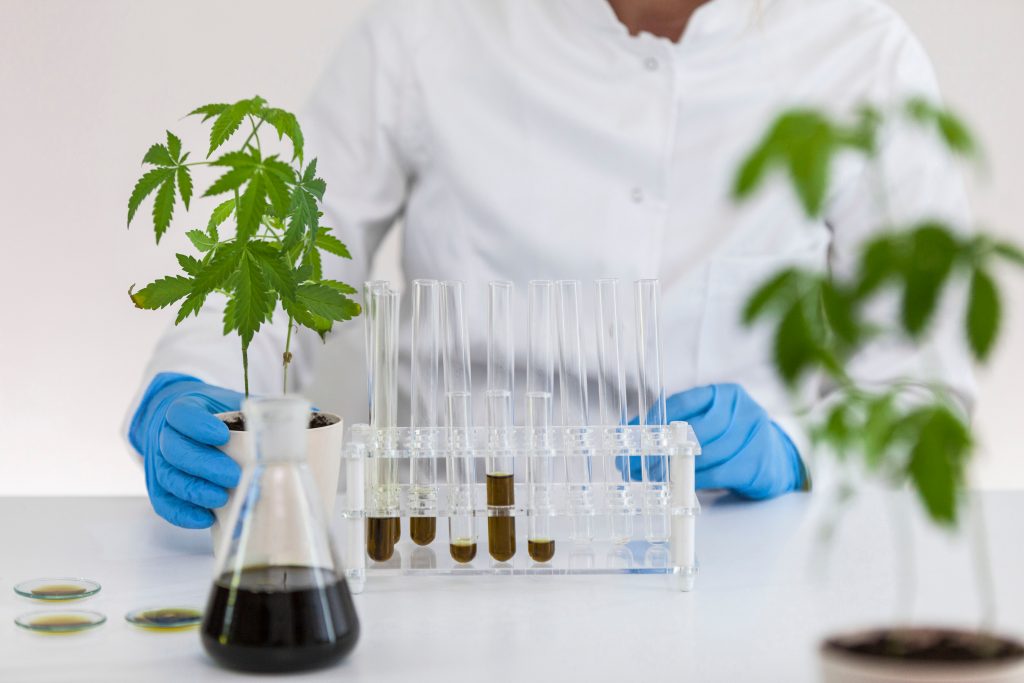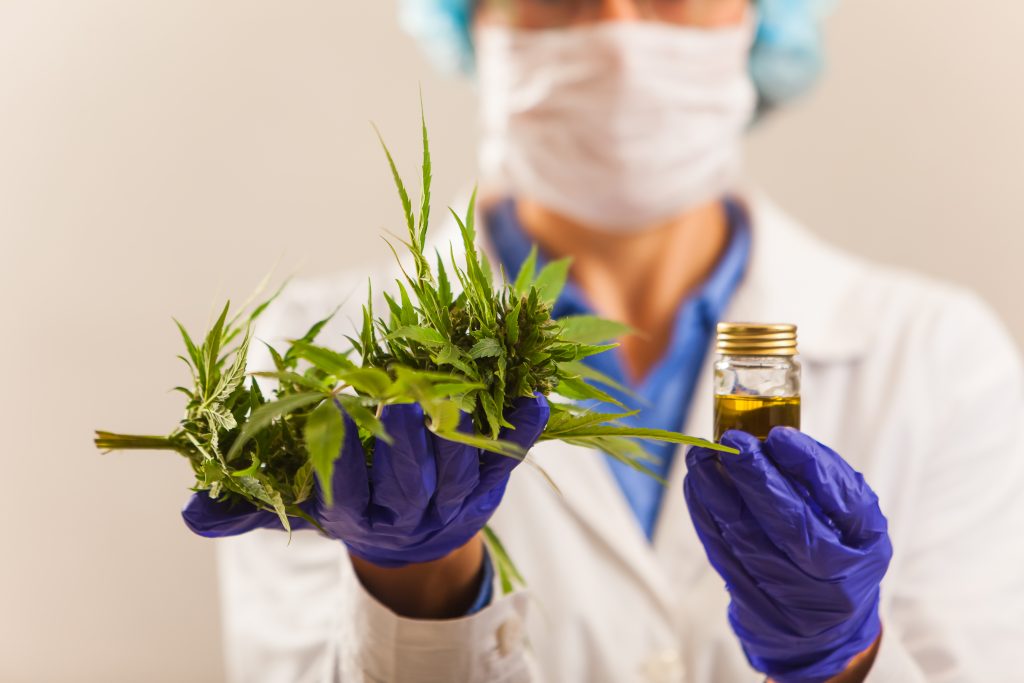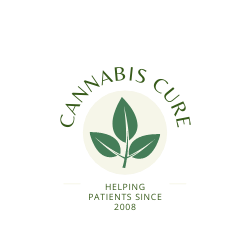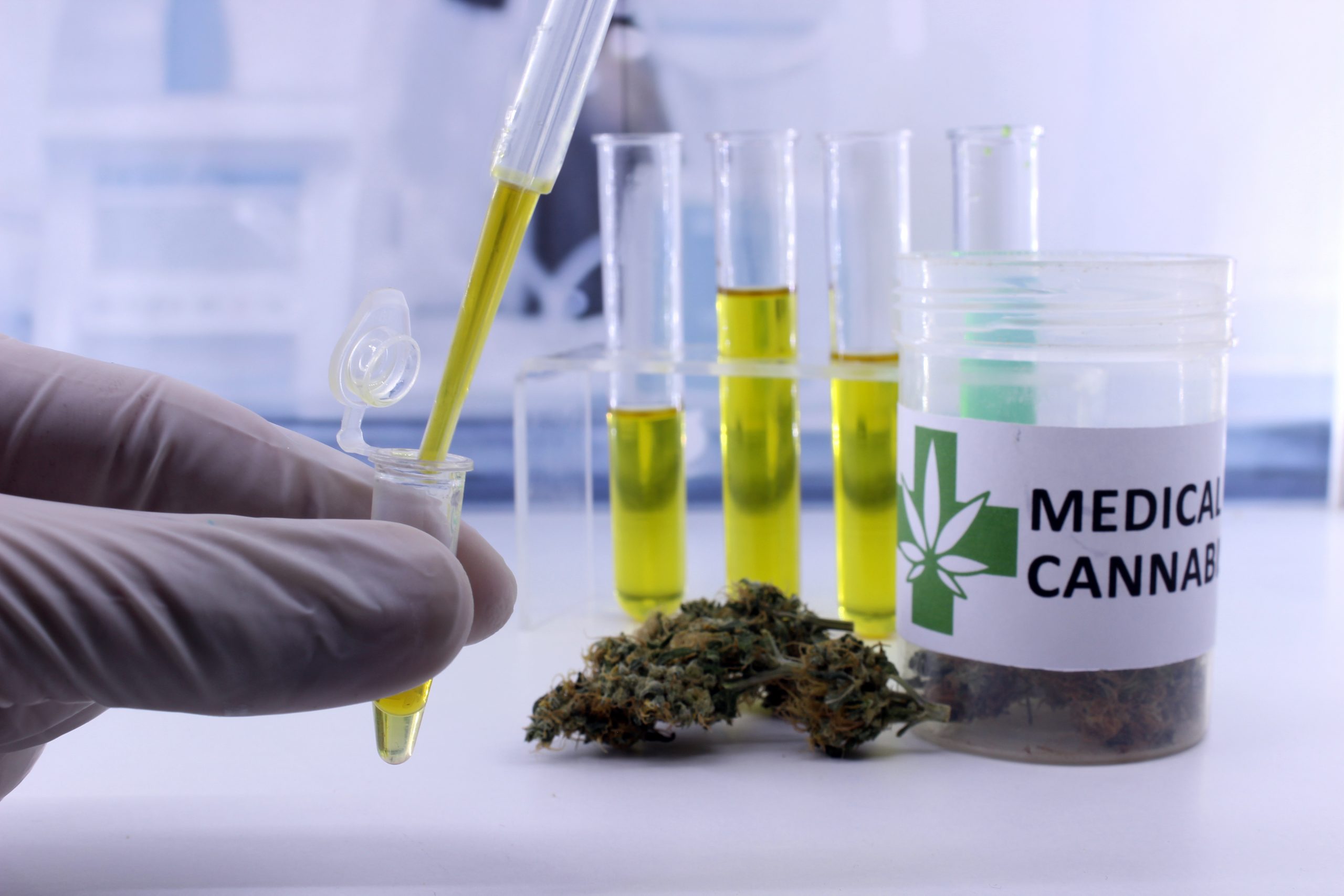What is Medical Cannabis?
Most of you know what cannabis is. Some of you may have even smoked it. The distinctive, sun-loving plant has been used for thousands of years in a variety of religious, recreational, and medical contexts – the Ancient Egyptians were using cannabis for illnesses as far back as around 3,000 BC – and now, after decades of governments associating the plant with misuse, medical research has proven that cannabis is a powerful medicine that helps alleviate pain and the symptoms created by serious and chronic illnesses. The two major types of cannabis plants used for medical purposes are Indica and Sativa. Indica strains generally offer a deep body relaxation while Sativa strains provide a more uplifting experience.

What Is Medical Cannabis Mainly Used For?
There are over 130 cannabinoids – naturally-occurring chemical compounds – that are produced by cannabis and their medicinal effects improve a huge range of human conditions and illnesses including anxiety, inflammation, pain, and nausea. Research shows that medical cannabis can slow cancer growth, shrink tumours, manage Multiple sclerosis (MS), epilepsy, Crohn’s disease, the side effects of chemotherapy, fibromyalgia, and much more.
How Does Medical Cannabis Work?
The most widely-researched cannabinoids are the psychoactive THC, famous for the high it induces, and the non-psychoactive compound CBD. When researchers were exploring THC in the 1990s, they discovered our own endocannabinoid system, which is made up of cannabinoid receptors, endocannabinoids (small molecules that activate those receptors), and metabolic enzymes that break down the endocannabinoids after they’re used.
This system maintains homeostasis within the body and is responsible for regulating a variety of functions including sleep, pain, fertility, inflammation, mood, and cognition. Research is suggesting that certain conditions are related to a failure in the individual’s endocannabinoid system and when they take medical cannabis, the plant’s own cannabinoids bind to their receptors or interact in some other way that helps the body return to homeostasis.

How Do You Administer Medical Cannabis?
Extracted cannabis oil is the raw material, rich in nutrients, vitamins, minerals, omega fatty acids, terpenes (aromatic oils), flavonoids, and cannabinoids, and is used to create a wide variety of cannabis products. One of the most popular ways to take medical cannabis is through a tincture or spray, often mixed into a solution with alcohol, a glycerin solution, or Medium-Chain Triglyceride (usually coconut oil) that you place under your tongue, which allows for easy dosage control. The Rick Simpson Oil (RSO) for cancer patients aims for the individual to eventually consume 60 grams in 90 days of the whole plant extract, which is a very high dose of cannabis oil and requires a procedure which is detailed here: RSO 90 Day Cancer Dosing Protocol
Edibles offer a precise dosage and long-lasting relief but can take from 30 minutes to several hours to take effect. Medical cannabis transdermal patches applied to the inner wrist, the top of the foot, or the ankle, offer mild and varied dosages, while suppositories that are absorbed through the colon are considered by some the most efficient way to digest medical cannabis. If you prefer a simple cup of tea, you can soak a bud in hot water but, be warned, the dosage can be difficult and the effects can take a while to take hold. Others like to add the raw leaves to juices and smoothies, believing them to offer unique medicinal properties that are lost when the plant is dried or heated. Smoking and vaping offer instant relief but there are, of course, lung health risks to consider.
Does Medical Cannabis Have Side Effects?
Those on higher-strain THC doses are likely to experience its psychoactive response, which will be enjoyable for some and confusing for others. Other side effects include mild to intense paranoia, slower motor control function (so should always be avoided when driving), short-term memory issues, drowsiness, a dry mouth, increased appetite, and, because of the plant’s interaction with the endocannabinoid system which regulates the cardiovascular system, some patients have reported a raised resting heart rate. This isn’t risky for anyone with minimal cardiovascular risk, but it means that THC isn’t recommended for those with a history of heart disease. Although studies have reported that medical cannabis can be beneficial for treating mental health conditions such as depression, it isn’t recommended for individuals with a history of psychosis or schizophrenia.
And Positive Ones?
Medical cannabis increases cerebral blood flow to the frontal lobe of the brain, which helps cognitive creative processes and the ability to connect abstract thoughts, making it ideal for creativity.
How Does Medical Cannabis Interact With Other Drugs?
Most potential interactions that have been identified are relatively mild, although it’s recommended that you continually monitor the effects with medical supervision when, for example, combining cannabis with drugs that affect blood sugar levels, lower blood pressure and increase the risk of bleeding (like warfarin). Always avoid mixing cannabis and sedatives like alcohol and antidepressants.
Further Reading
RSO 90 Day Cancer Dosing Protocol
Learn more on how and where to buy RSO oil safely
Help and Advice
If you still need advice or help with sourcing Medical Cannabis, please use the contact form provided. We try to answer all emails within 24 hours and are happy to help and advise on all aspects of Medical Cannabis treatments in complete confidence.
Disclaimer: Please note that whilst we consider ourselves subject matter experts regarding Medical Cannabis, we are not medical professionals. We are a Medical Cannabis information resource, educating and helping those in need. Whilst we are very strong believers in the benefits of Medical Cannabis, there is still limited evidence that Medical Cannabis can treat/cure all the illnesses we discuss on our website. We recommend you do as much research as possible, and where practical seek professional medical advice before proceeding with Medical Cannabis oil.

